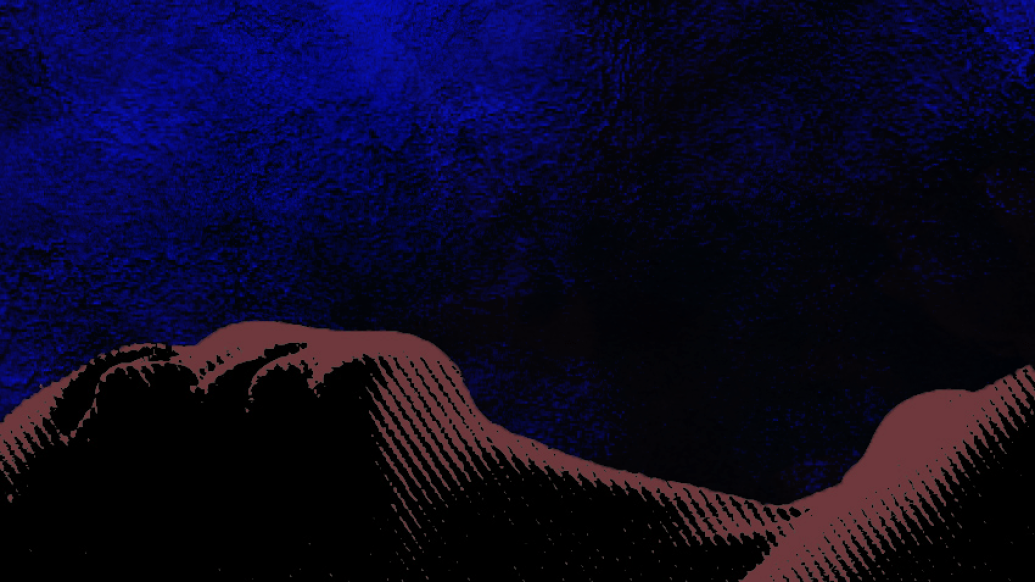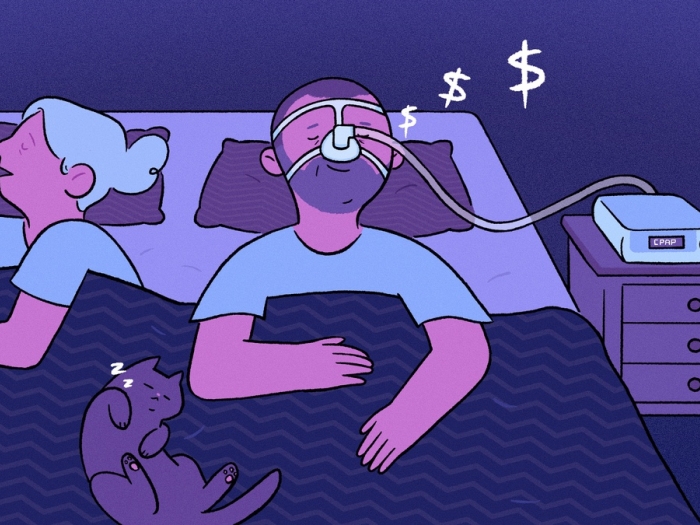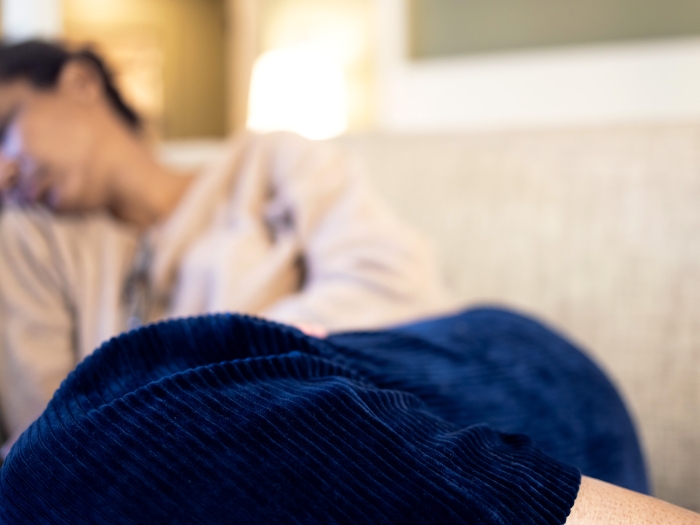Acting out dreams could indicate REM sleep behavior disorder. What you should know about the symptoms, diagnosis and treatment.
7:00 AM
Author |

Certain sleep disorders are common in people with Parkinson's disease.
MORE FROM MICHIGAN: Sign up for our weekly newsletter
One of them — REM sleep behavior disorder (RBD) — is a condition characterized by the acting out of dreams that are vivid, intense and violent. People have been known to yell or talk while asleep, carry on conversations or hit themselves or their bed partner. Even if physical damage does not occur, the condition can be frightening for the bed partner to witness.
REM (rapid eye movement) behavior disorder does not necessarily disrupt the quality or quantity of sleep itself. But it is potentially harmful because of the physical movements involved.
Why RBD occurs
Normally, the body is paralyzed during REM sleep, which is when dreams occur. In certain conditions, such as Parkinson's, the "off" switch doesn't work, so then a person might "act out" dreams without knowledge of doing so. Sleepwalking is almost never involved in RBD. And after waking, the person may remember their dreams.
RBD can precede the symptoms of Parkinson's disease by many years. In fact, the vast majority of people we see in RBD studies will develop Parkinsonism, or any condition that causes a combination of the movement abnormalities seen in Parkinson's disease (such as tremor, slow movement, impaired speech or muscle stiffness), or conditions in which the brain is not functioning properly.
A 2014 study of 174 patients with RBD showed that:
-
33 percent had a neurodegenerative condition after five years
-
76 percent after 10 years
-
91 percent after 14 years
Right now, there is no test to determine whether a person will develop Parkinson's disease. Until such a test is developed, an RBD diagnosis could be an indication of the condition.
Diagnosing and treating RBD
If you suspect that you or a loved one might have RBD, a movement disorder neurologist or a sleep physician should conduct an evaluation. The specialist might order a sleep study that would spot abnormal muscle movements during REM sleep. Hallucinations or waking up during a certain stage of sleep is different from REM sleep behavior disorder and might indicate a different condition.
SEE ALSO: A Caregiver's Guide to Parkinson's Disease Psychosis Treatment
If a diagnosis is confirmed, we recommend the following safety precautions:
-
Lower the bed if possible to prevent falls.
-
Pad the side rails if you're sleeping in a hospital bed.
-
Pad the floor around the bed.
-
Move nightstands away from the bed.
-
Move the bed away from walls or windows.
-
Sleep in separate beds or rooms if necessary (30 percent of our patients sleep separately from their bed partners).
-
Use a sleeping bag with a zipper to restrict arm and leg movements.
Medications for RBD
If the condition doesn't bother the person or his or her bed partner, treatment might not be necessary. But three medications can help if needed.
Melatonin: This natural sleep hormone produced in the brain is the No. 1 over-the-counter medication for RBD. Melatonin suppresses dream enactment, calming down the behaviors. The main side effect is mild drowsiness, which is fine because it's taken right before bed and wears off by morning, though some people can still feel a bit drowsy in the morning.
Clonazepam (Klonopin): This drug is used for many conditions — primarily anxiety, panic attacks and seizures — and is clinically proved to be the most effective prescription medication we have for RBD. Use with caution because it can slow down the brain, causing cognition problems and sometimes falls.
Lorazepam (Ativan): This medication works for a little less time than clonazepam, so people tend to have fewer side effects. But because it's not as strong a drug, it may not be as effective.
What to do if RBD is suspected
While REM sleep behavior disorder may occur in conjunction with, or as a predecessor to, certain neurological disorders such as Parkinson's disease, it can also result from medication usage.
If you or a loved one is concerned about RBD, contact a movement disorder neurologist or sleep disorders specialist, such as the experts available at Michigan Medicine, for an evaluation.
Learn more about sleep disorders in conjunction with Parkinson's in Dr. Berkowski's full talk at the 2016 University of Michigan Parkinson's Disease & You Symposium.

Explore a variety of healthcare news & stories by visiting the Health Lab home page for more articles.

Department of Communication at Michigan Medicine
Want top health & research news weekly? Sign up for Health Lab’s newsletters today!




